Small and stocky, Dwarves stand between 4 feet 3 inches to no more than 5 feet on average- though the Dasmiira tend to be on the shorter side of their range, and Druagmiir on the taller. What Dwarves lack in height, however, they made up for in bulk; even the smallest Dwarf is often as heavy as the lightest Human- weighing anywhere from 160 to 220 pounds on average.
Hair and skin color come in a variety of hues that vary per ethnicity, but remain firmly on the natural spectrum (if a bit on the ruddy side). For instance, Druagmiir appearances lean towards lighter shades of fawn and tan- whereas the Dasmiira tend towards hues of mahogany and umber. Druuma often fall somewhere in between, with skin more resembling the various shades of clay and terracotta. Hair colors span the same range- though is typically 4 to 5 shades darker than their skin. Regardless, almost all Dwarves have eyes that range from a light honey amber, to a brown so deep it's almost black. Likewise, all Dwarves are capable of growing large quantities of hair- including on the face and chest.
Lifecycle & Lifespan
Although the
Phet were nearly immortal, the lifespan of their descendants has significantly decreased over the centuries- and continues to do so with each generation. For that reason Dwarves are not as long lived as
Giants. But they do age faster than Humans, making them an "in between" species of sorts when it comes to many aspects of their life cycle.
Pregnancies typically last anywhere between eleven and thirteen months, with offspring reaching maturity at around 50 years of age. By 100 they're traditionally considered to have reached the age of majority, and are considered a full social and legal adult by their communities. Aging at a slower rate, it's not uncommon Dwarves near their 500th year- with the rare records describing Dwarves as old as 700. That being said, most Dwarves don't begin to consider the idea of marriage and family until about their 200th year.
As the most sacred rite of Dwarven culture and religion, an incredible amount of forethought is put into marrying the right spouse. Thankfully they often they maintain their youthful vigor well past their 300's- making this the prime time in a Dwarf's life to produce offspring. Especially since, by this point, many have completed their trade apprenticeships and can now contribute to their Clans in a more substantial manner.
Special Abilities
Ya talk'n 'bout ole Oyrik, eh? Oy! Wotch that lil fooker down eight pin'a ale o'er at Marla's
wi'out s'much a blink... Dem Dwar's, I tell ya! They're a bear-li lot, all'o'em! I'd drink wi
one'o'em o'er a knife-eared bastar any'a day- an hav a hell'o'a tim'a it too!
Living underground for most of their lives, Dwarves have become more aware of natural geographic features than most other species. One of their most outstanding traits, perhaps, is their flawless ability to navigate the winding, sloping tunnels underground; with just a few moments of concentration, a Dwarf can often tell which way they are oriented, how far beneath the earth they are located, and which way the surface is.
In addition to being amazing below-ground navigators, Dwarves also have well developed darkvision- making them able to see much better in the darkness than other species. Their stout nature, too, leads to the slower absorption of alcohol and other poisons, giving them a much heartier tolerance than others to such unfriendly substances.
Social Basics
A Dwarf's beloved children and grandchildren are those who will inherit all which their ancestor leave behind. Marriage is therefore a sacred rite taken very seriously; children are their most treasured creations, and the birth of any child is an event that calls for great Clan-wide celebration.
Despite this, few Dwarves express romantic attraction towards their spouse. Dwarven marriages can't be considered marriages of politics or convenience, however; they are relationships of immense respect, viewing each spouse as co-creators fulfilling the holiest of roles. The emotions underlying such marriages might not be considered love, but are arguably just as intense.— Grand Archivist Kimon Mirjan,
Marriage and Courting Among the Dwarves
The chief unit of Dwarven society, around which all life revolves, is the clan- or a complete extended family that dwells together within a single Stronghold. The Clan plays such an integral role that even Dwarves who leave their Strongholds (whether by exile, or personal choice) cherish their Clan identities above all else; everything a dwarf does in life is devoted to improving or helping one's clan, and bringing security and stability to its members. To be, or become, clanless is therefore easily the worst fate that can befall a Dwarf at any point in their life.
Because of the high emphasis on Clan, Dwarves also place incredibly high value on one's social standing within their Clan. Social standing among Dwarves, however, is highly dependent on both position and piety, which are intrinsically tied together within Dwarven culture and religion; their faith lies at the very root of all societal roles that can be fulfilled within a Stronghold.
Where most races view deities as ultrapowerful beings who stand apart from their worshipers, Dwarves see their gods as exemplars- mortal individuals who once blazed a path of ultimate dedication and skill mastery for their descendants to follow. Thus the Priests of the Dwarven faith keep close watch on the young of a Clan, constantly observing and evaluating them throughout their life in order to choose their vocation when they reach the age of majority; these decisions are frequently accepted without question.
Despite the variety of paths that exist, each Clan calls upon members to fill three principal roles. First, are those whose occupations involve the artisans and creators- usually those involved in smithing, sculpture, and similar tasks. Second comes those who support the Clan through occupations which sustain the Stronghold and its inhabitants- including brewing, tending crops, mining, and preparing food. And finally the third function is filled by those individuals who navigate the space between the Clan and the chaotic outside world- such as political envoys, merchants, and even warriors.
Each Dwarven culture focuses more effort into one of these functions above the others. Regardless, all functions are filled within a Stronghold- and each takes centuries to perfectly master. And it's through loyalty and dedication, both to Gods and Clan, that a Dwarf slowly but surely masters every aspect of their occupation from start to finish over the course of their life; the life of a Dwarf is centers entirely around leaving behind a fitting legacy that continues to bolster the Clan well after their passing- not only in the production hard work and the production of artifacts of quality, but also through the production of children through good marriage.









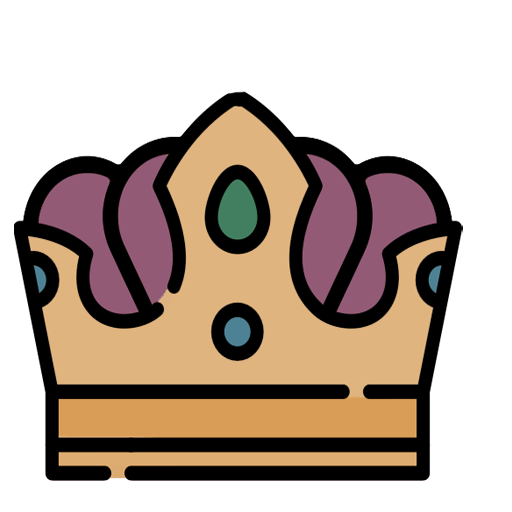
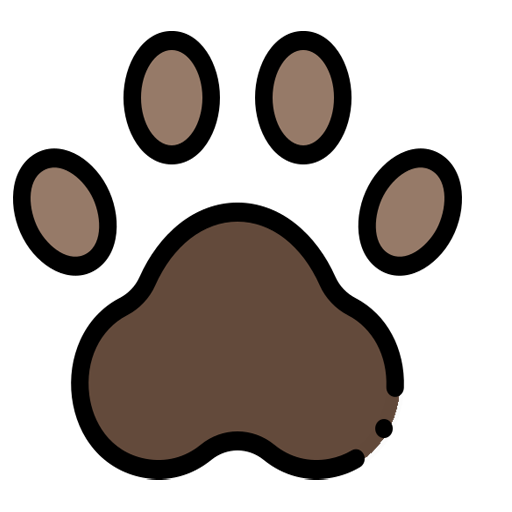
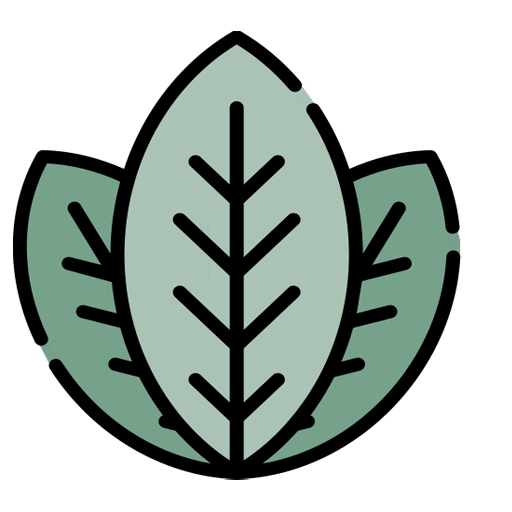
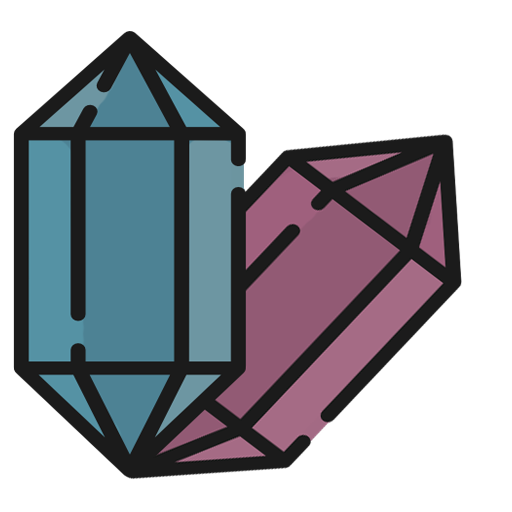

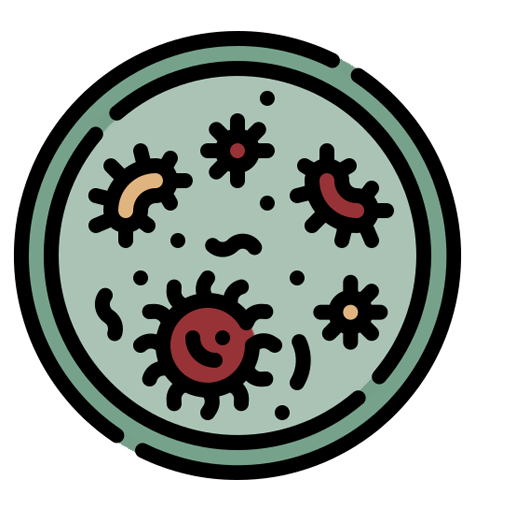







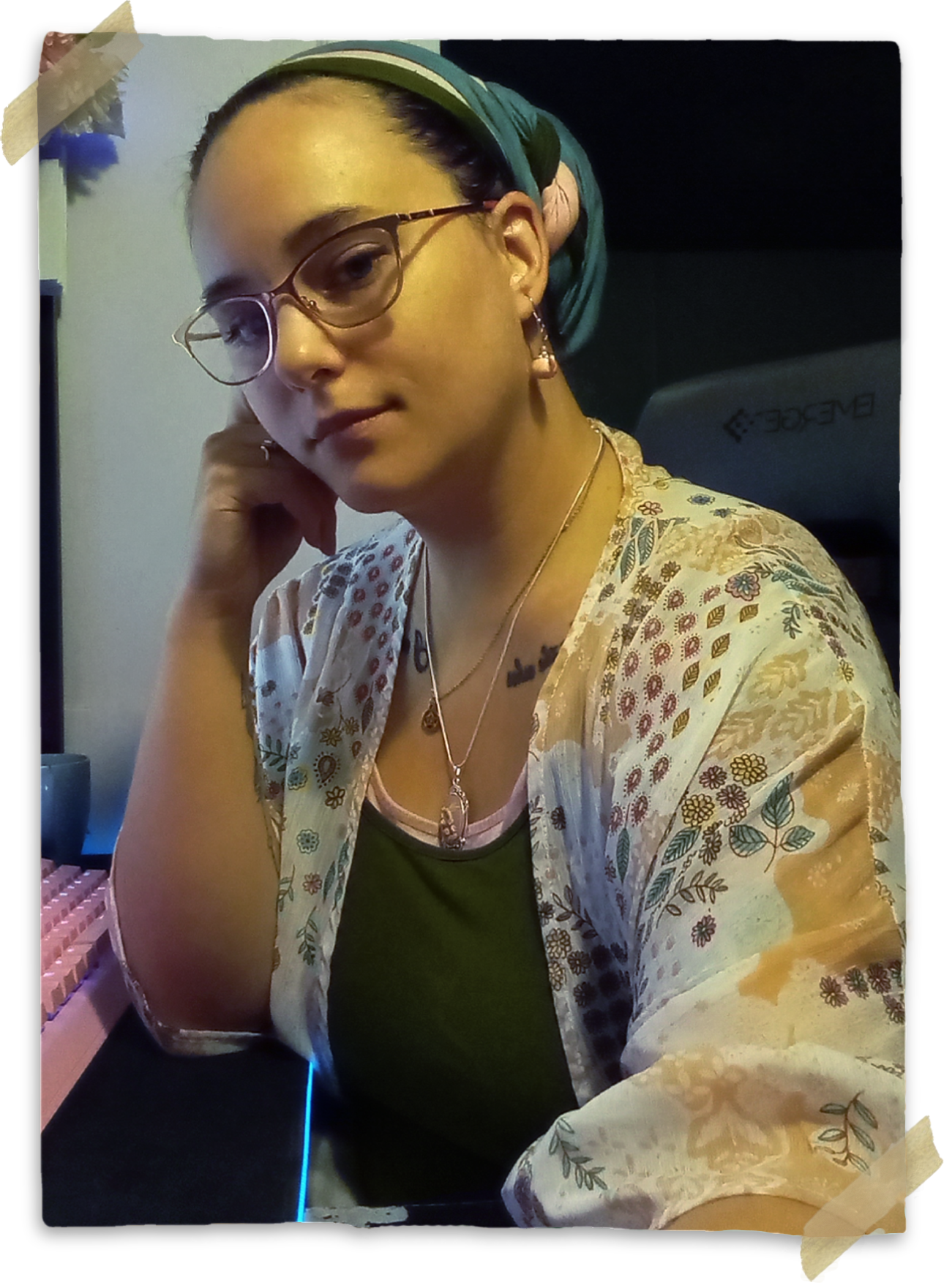
Comments
Author's Notes